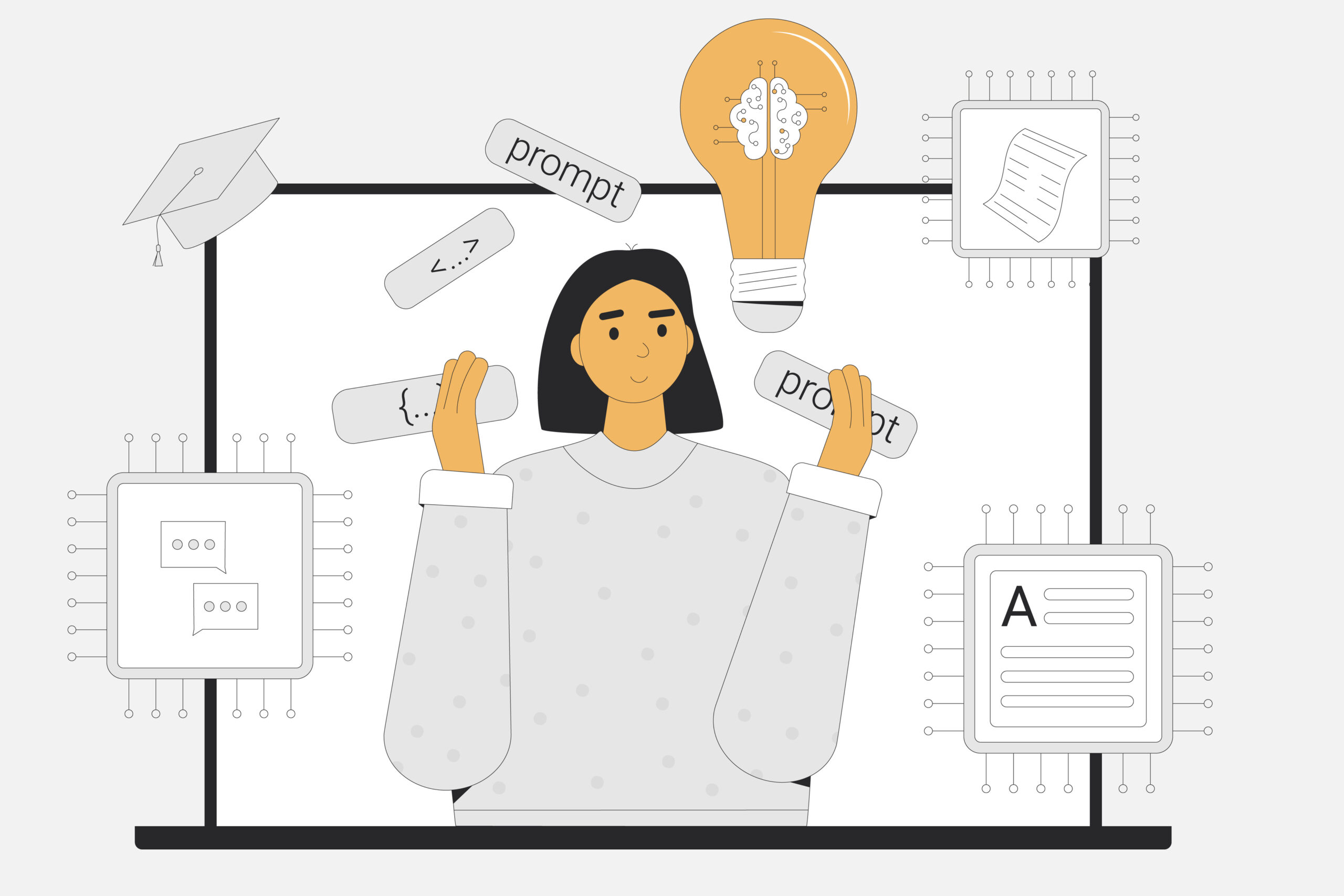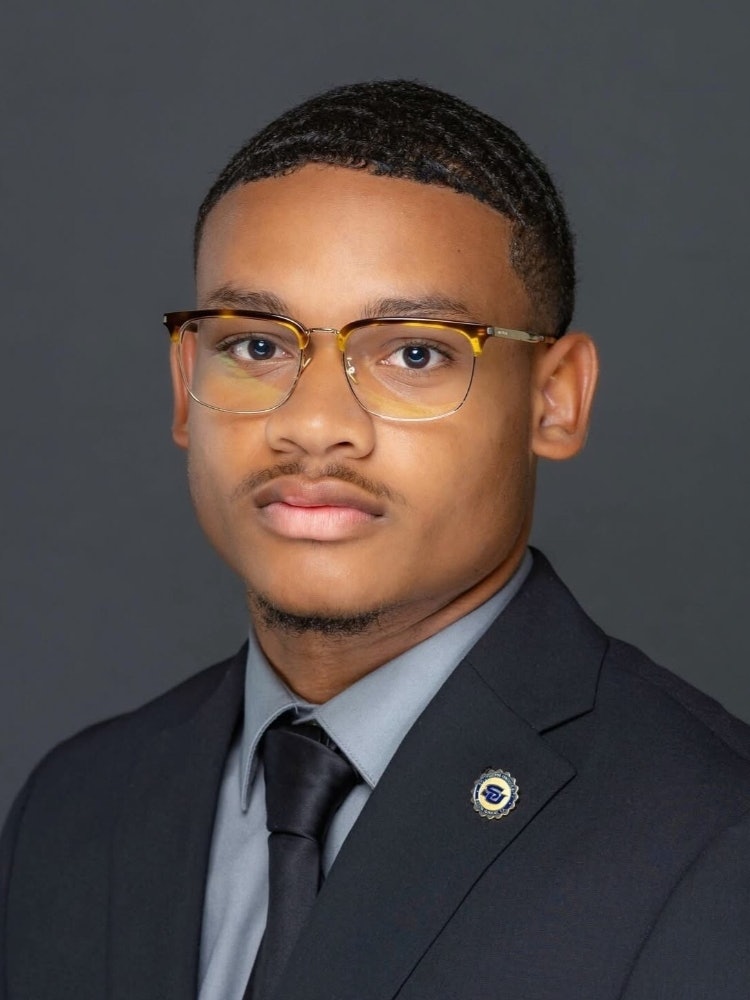University faculty members are usually immersed in various tasks related to teaching, research, committees, and office hours. As a result, they rarely have time to explore the practices of their colleagues or seek advice on their own, which leads them to work in isolation. This isolation can hinder their professional development and growth, especially if they do not take the time to reflect on their own teaching methods and practices. Ultimately, student learning is impacted. One effective practice that can break this cycle is peer observation.
Peer observation is a valuable university practice with mutual benefits for the observer and observee, with an emphasis on learning, reflection, and improvement to enhance teaching methods and overall practices. Exploring peer observation models, their stages, and practical methods and resources for use in higher education are all part of this process. By fostering a culture of continuous improvement through pedagogical observation, educators engage in dialogue to share insights, plan for instructional improvement, self-reflect, adopt effective strategies, and refine teaching practices.
Models of Peer Observation
The focus of the peer observation defines its goal, context, and the way the participants act and feel toward the process. Based on the focus, peer observations can be classified into two models: formative-developmental and summative-evaluative.
While the formative-developmental observation aims to enhance and promote the improvement of teaching skills within a supportive and collegial context, the summative-evaluative observation aims to evaluate and judge the faculty based on the observation. Therefore, if an institution aims at improving the teaching practices of its faculty members and wants them to engage in professional development activities that they welcome and accept, it should incorporate a formative-developmental type of observation.
Although summative-evaluative peer observations are needed to evaluate the teaching skills of faculty members, we believe that it is a fair practice for the faculty to experience formative-developmental observations several times and to receive the necessary support before they undergo an evaluative observation especially if it is high-stakes in that it impacts their job retention or promotion. In our discussion, we will focus on formative-developmental observations because we are interested in practices that help in the improvement of teaching practices in educational institutions.
Benefits of Formative-developmental Observations
When approached as a developmental or formative practice, peer observations afford faculty valuable opportunities to improve their practices and grow professionally. This is mainly true if observations are done periodically, rather than as one-shot classroom visits, when the outcomes of one observation feed into another, and when on-going dialogue between the observer and the observee takes place. The practices of the process of classroom observations are critical as they:
Encourage professional growth: Formative observations provide faculty with structured opportunities to enhance their teaching skills and improve student learning outcomes.
Facilitate reflective practice: Formative observations enable faculty to critically assess their teaching methods and refine their instructional approaches.
Support learning in and from practice: As highlighted by Ball and Cohen (1999), learning is most effective when embedded in practice, making peer observations a powerful tool for professional development.
Promote the haring of best practices: Faculty can observe, discuss, and integrate effective teaching strategies used by their peers.
Challenge teaching assumptions: Through peer feedback and reflection, faculty can identify and modify ingrained teaching habits to enhance student engagement.
Build confidence in implementing new strategies: Observing peers in action helps faculty see new techniques in practice, making them more confident in adopting these approaches.
Enhance course content and delivery: observations allow for a structured review of both the material taught and the teaching methods used, leading to refinements in instruction.
Strengthen collegial support and collaboration: Collegial observations enhance a culture of open dialogue among faculty, fostering a supportive and collaborative academic environment.
Improve teaching and learning quality: Observations encourage continuous improvement in instructional effectiveness, ultimately benefiting student learning experiences.
Stages of Formative-developmental Observations
Peer observations have numerous merits. They can be perceived as a cyclic process, each cycle including a peer observation session that is preceded and followed by meetings between the observer and the faculty whose class is to be observed, thus making it a three-stage process. Each of the stages has its benefits and contributes to the overall outcome of the process if done with a clear purpose in a safe, collegial, and supportive context. The three stages are:
Pre-observation: To introduce the process and set the stage for effective peer observation, it is necessary to discuss the observation goals and establish mutual expectations for the process, in addition to discussing the session learning outcomes, learning activities and any content or documents that will be used during the observed session. This stage helps the observer clarify the goal of the observation and establishes an atmosphere of collaboration between the observer and the observee which reduces anxiety on the part of the observee. Moreover, it allows the observee to clarify the lesson context and allows for customization of the lesson before the observation takes place.
Lesson Observation: This includes observing a teaching session with all its happenings such as teaching strategies, students’ engagement, modes of interaction, indicators of learning, assessment tasks, questioning techniques, and learning activities. At this stage, the observer collects notes describing what is observed without making any judgment about the performance of the teacher. To this end, we prefer using the narrative log as it enables the observer to document the timing of behaviors, techniques, and actions of both the observed instructor and the students. These are recorded objectively; i.e., recording solely what is observed without including any of the observer’s judgments. However, the observer can add comments or questions about the classroom events to be discussed later in the post-observation meeting. Narrative logs are considered an effective tool to describe verbal and non-verbal behavior, highlighting what the observer sees rather than making judgements (Chism, 2007). To this end, the observer must keep in mind the golden rule: Learning to see, unlearning to judge.
Post- observation: At this stage, discussion of the class activities and reflection occurs. The observer uses the observation notes collected during the lesson observation to lead the discussion and to refer to for evidence for the different points being discussed. The observee reflects on the class; and the observer, to provide helpful feedback, seeks to understand more about the classroom by asking questions for clarification or to gain a clearer understanding of the lesson, students, and content. An excellent tool designed by Project-Zero at Harvard University is the Ladder of Feedback, which can help structure the discussion to be constructive, supportive and growth-promoting in a non-threatening manner.
The post-observation meeting should occur as soon as possible after the observation. The discussion in this stage should lead to an action plan. Therefore, as a good practice, the observer can summarize the points discussed in this meeting, emphasize points of strength, provide suggestions toward improving teaching practices, and agree with the observee on an action plan for improvement. The date for the following observation or meeting can be scheduled at the end of this stage.
How to Encourage Peer Observation in Higher Education
Although peer observation is a vital practice for professional development, it is not well-perceived by faculty members, and it is not a common practice in universities. Faculty members are mostly reluctant to voluntarily participate in peer observation. Thus, we recommend that universities start developing a culture of trust and collegiality to support this practice. At the personal level of faculty members, they can be encouraged to ask their colleagues to observe their classrooms and collect notes during the observations. To sharpen this practice and make it more relevant to one’s instructional needs, the observee can set specific goals for the observation. These suggestions can help promote the culture where peer observation becomes a practice for continuous, accessible professional development that can transform universities into learning communities and make them better learning spaces for their faculty members.
Dr. Siham Al Amoush is an experienced educator specializing in teacher education and higher education professional development, she obtained her PhD in Chemistry Education from Bremen University, where she researched and compared teacher beliefs in Jordan, Turkey, and Germany. She has published several papers in international journals on topics such as teacher beliefs, curriculum design, and technology integration in the classroom. Passionate about improving teacher education and supporting educators to reach their full potential, she aims to make a difference in the education system through collaboration between different sectors. Currently, she works in faculty development at the Excellence in Teaching and Learning Center at Qatar University.
Dr. Amal Farhat is an experienced educator and instructional coach with a background in both K-12 and higher education across the private and public sectors. She is interested in fostering professional learning communities through positive, constructive collaboration among all institutional stakeholders. In higher education, she has taught future educators and supported faculty in enhancing their teaching practices. Dr. Farhat holds a PhD in Education from the Lebanese University, a Counseling in Pedagogy diploma from St. Joseph University, and a CAEL certification from Harvard Graduate School of Education.


























